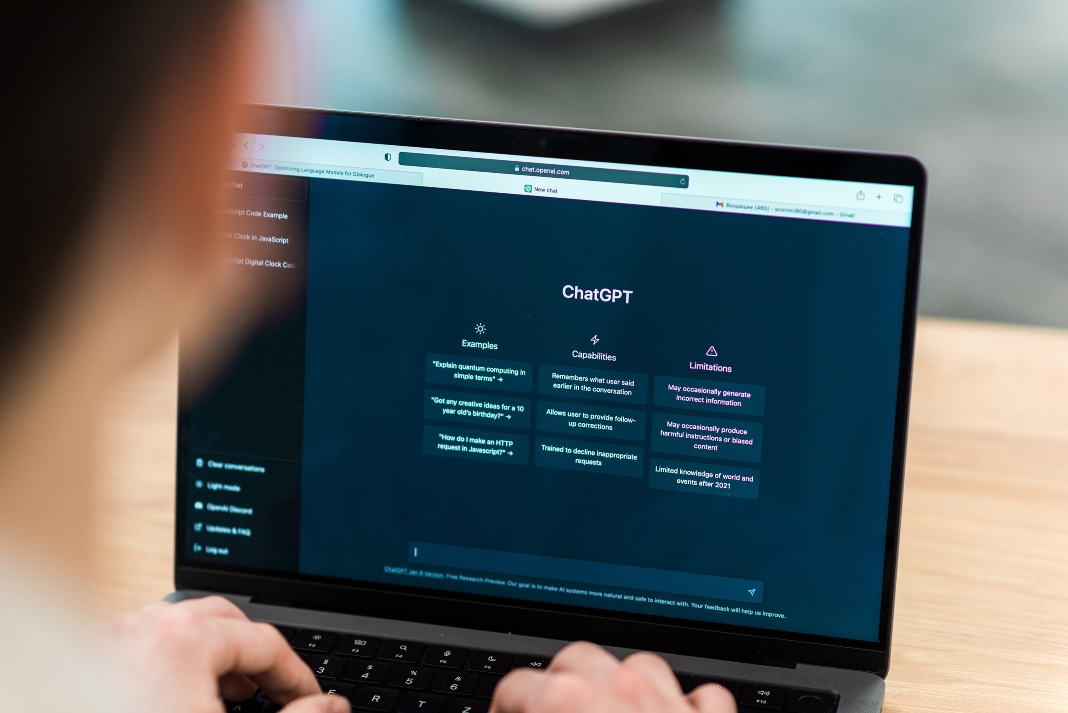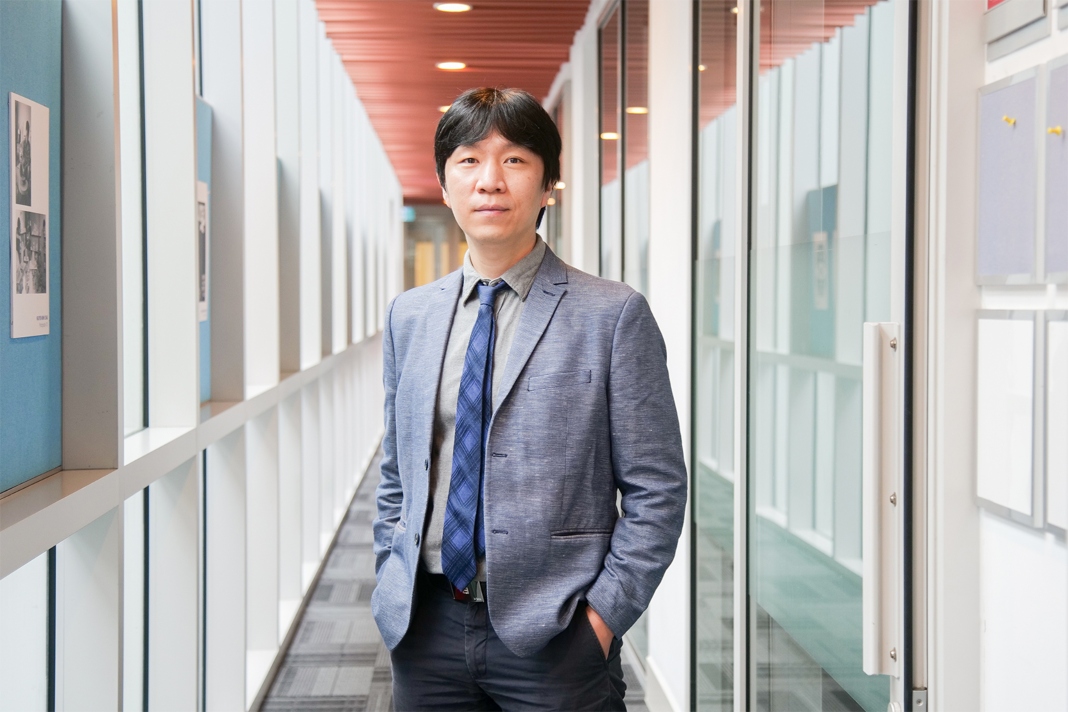The emergence of generative AI has attracted significant attention since ChatGPT gained widespread recognition for its smart content creation capabilities. RMIT expert Dr Jung Woo Han demystifies how AI could impact Vietnam’s job market.
ChatGPT, the most advanced generative AI, is able to create a wide range of content from market reports to coding to creating apps. While it serves as a valuable tool to boost human productivity, it falls short of being a complete replacement for the workforce. Nevertheless, its high productivity could lead organisations to hire fewer people to produce the same output, potentially causing some losses in the job market.
Although the fast-growing AI sectors might be a significant threat in the near future, experts believe the influence might still be limited to a certain sector, such as service sector workers, rather than those in the manufacturing sector. Especially, service jobs creating different types of content and in repetitive works in office are more likely to be replaced by generative AI such as market analysis, technical writers, and web developers which used to be considered a decent career with college degrees.
As an emerging economy still relying significantly on the manufacturing and agriculture sectors, Vietnam would be less impacted by AI (37.8% of the workforce is in the service sector by 2021 compared to 79.2% in the U.S.). Thus, the short-term impact of AI in the Vietnam job market would be relatively low compared to the developed nations.
Nonetheless, this is not to be interpreted as that we are safe from disruptive technology and some service sectors, such as the hospitality sector, would be more impacted as it is forecasted to grow rapidly over the next few years. We should not forget how AlphaGo defeated the Go champion within one year of learning the game as the speed of AI learning is phenomenal. When more advanced AI meets the latest robotics, the disruption of the job markets in other sectors could be accelerated.
Indeed, OpenAI (ChatGPT developer) estimated that more jobs that come with higher education degrees are more at risk than high school diplomas since more educated people work in the service sectors creating content. Not only that, the ability to create content with live interaction threatens frontline workers in service sectors such as Sapia, an AI able to interview job candidates by chatbot.
According to Sam Altman, CEO of OpenAI, ‘resilience’ is the key rather than becoming a specialist in a context. Being highly specialised in a discipline makes it easier for AI to replace your job through coding, whereas possessing multidisciplinary knowledge and skills poses more challenges for AI.
It is crucial to develop emerging AI skills rather than excessively worrying about job security. While all skills and knowledge might be eventually filled with AI, there is one area that might never be replaced by any technology. A positive attitude could shape a productive culture, foster innovation and creativity, leading to unlimited potential for the organisation.

A roundtable discussion at the RMIT-Deloitte HR Forum 2023 showed that industry practitioners are not clearly aware of how generative AI could add specific value to their daily tasks. Associate Professor Pham Cong Hiep, Interim Deputy Dean of Research and Innovation at The Business School, RMIT Vietnam raised an important issue that AI is designed to communicate with people in a chatting interface.
He said: “Learning AI should be treated like learning a new language. Once more people are trained to communicate effectively with AI the more it can help create and drive more valuable outcomes”.
Contrary to a common misconception that AI provides superior and impartial information, a major concern arises regarding the reliability and ethics of AI dominating knowledge creation in society. Associate Professor Hiep pointed out that “generative AI tries to answer our questions even when they do not clearly understand them”.
Moreover, the reliability and validity of the answers generated by AI are often questionable, raising issues of originality and plagiarism. The potential scenario of an increasing amount of content created based on a dominant AI poses the risk of bias shaped by a specific AI algorithm. Additionally, there is a wide range of reporting and studies suggesting that AI can spread racism and other discrimination in our society. Therefore, establishing a regulatory framework is imperative to prevent these negative effects.
*Dr Jung Woo Han, Senior Program Manager for Human Resource Management and Entrepreneurship, RMIT Vietnam











